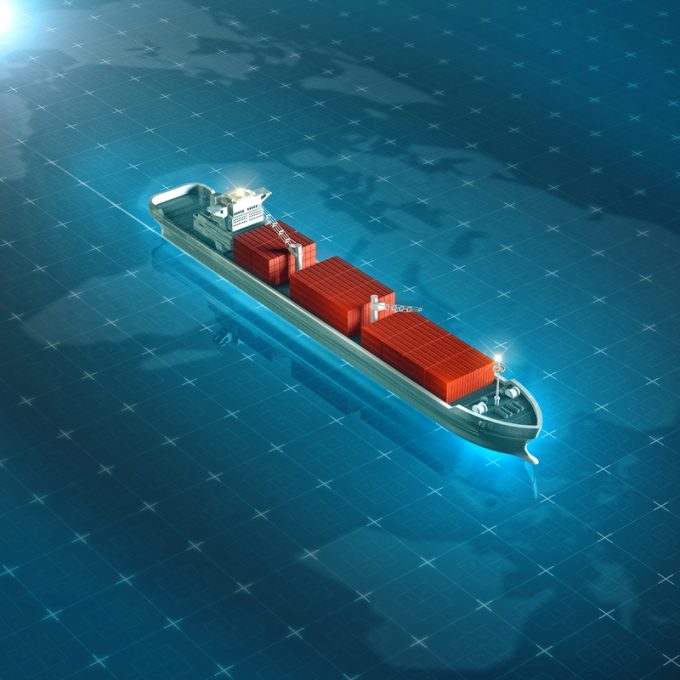ONE faces $18m claim by shippers for 'failure to accept contracted volumes'
Japanese carrier group ONE is on the hook for one of the largest claims lodged ...

The Digital Container Shipping Association (DCSA) has become the front-runner in setting digital standards.
Earlier this month, the European Shippers Council announced a collaboration with the Digital Container Shipping Association (DCSA) to drive forward to adoption of DCSA standards. Further, Federal Maritime Commission (FMC) commissioner Carl ...

Comment on this article